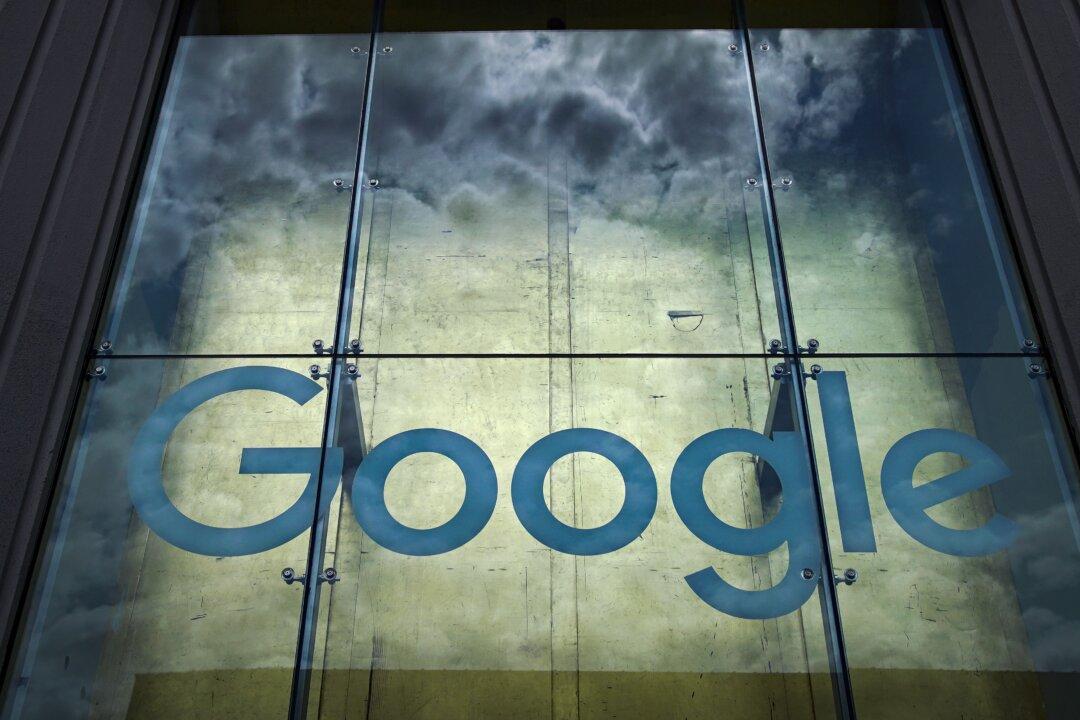
Google's logo outside its office building in New York on June 3, 2019. Drew Angerer/Getty Images
Commentary
The Supreme Court recently agreed to review what may be the copyright case of the century, best described as a clash of the titans:
Google v. Oracle.
